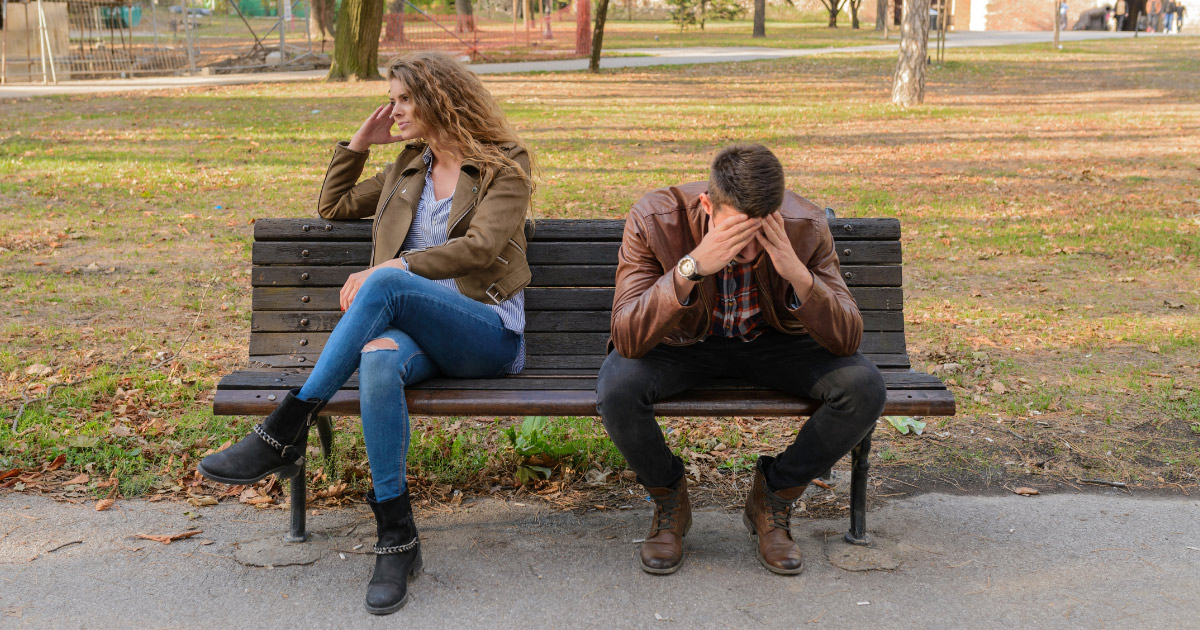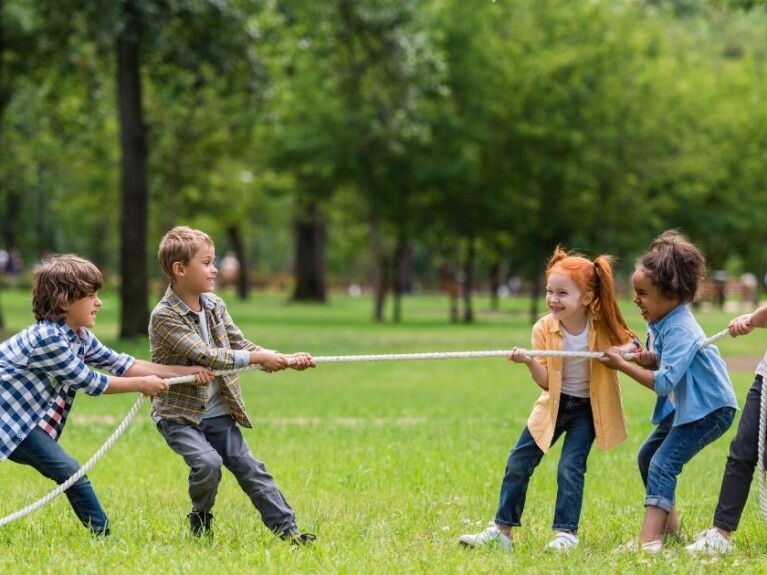Is Divorce Contagious?

Each year in the United States, an estimated 750,000 couples get divorced, according to the CDC. There are many reasons behind a couple’s decision to get divorced. One of the questions that often comes up is whether getting a divorce is a social construct. Does it spread through a group of people or community? Is divorce contagious? Many people believe this is true. Researchers from Brown University looked into this phenomenon and analyzed three decades of data on marriages, divorces, and remarriages.
The study participants had to trace their relatives, friends, and friends of friends and account for any divorces that occurred within that social group. The study also focused on degrees of separation. For example, individuals with direct social ties to you and your close relatives are one degree of separation removed from you. Friends of your friends are two degrees of separation, and so on.
The study found that if a friend or a close relative is divorced, then you are 75 percent more likely to get a divorce as well. In other words. If the divorced person in your circle is a friend of a friend, or two degrees of separation, then you are 33 percent more likely to get a divorce.
Sociologists call this phenomenon of divorce a “social contagion.” A social contagion can spread throughout a group of friends, acquaintances, social group, or even a community. Some examples of social contagions include adolescent sexual or delinquent behaviors, pregnancy, and rumors or fads.
There are many reasons why this social contagion happens with divorce. One of the main reasons is that when someone who is unhappy with their marriage sees a friend or an acquaintance go through the same experience, the fear of divorce might dissipate. It is the fear of the unknown that might keep someone from getting a divorce. When you see someone you know go through the process and is happier, then your fear may lessen. You may feel support from that person.
What Did the Study Find?
There were many other interesting findings within the study that should be noted:
- Participants in the study demonstrate that if you get a divorce and then remarry, the person you marry is most likely to also be divorced. In fact, people who are divorced are four times more likely to marry someone who also got a divorce.
- When you get divorced, your friends and social network could significantly change, depending on which and how many friends are in the divorce process. In some circumstances, you could lose a significant amount of your friendships.
- People with large social networks and with a lot of close friends are less likely to be a part of the social contagion of divorce, and the opposite is true. People with fewer friends and a smaller social network are more prone to follow the lead of their friends. The idea behind this theory is that a close, strong network of supportive friends protects a couple and their marriage.
Researchers stress that the study group is not representative of the country as a whole, but the data shows interesting trends.
Divorcing in New Jersey
Those who wish to file a divorce in New Jersey should know that they will have to state the reason for the end of their marriage.
When it comes to divorce, New Jersey is considered a “no-fault” state, even though there is still the option to file a divorce under a fault-based ground that existed before no-fault was available. A no-fault divorce means that neither party is to blame for the end of the marriage, which means that blame does not need to be placed on one party for the divorce to be granted.
No-fault divorce also speeds up the process. The grounds for no-fault divorce are irreconcilable differences. In order to file for a no-fault divorce, the couple must have had irreconcilable differences for at least six months prior to the filing. These differences must be the reason for the divorce as well.
Marlton Divorce Lawyers at Goldstein & Mignogna, P.A. Will Guide You Through the Divorce Process
Our Marlton divorce lawyers at Goldstein & Mignogna, P.A. have experience in successfully helping people with their divorces. Call us at 856-890-9400 or complete our online form to schedule an initial consultation today. Located in Marlton, New Jersey, we proudly serve clients throughout South Jersey, including but not limited to Burlington Country, Camden County, and Gloucester County.


